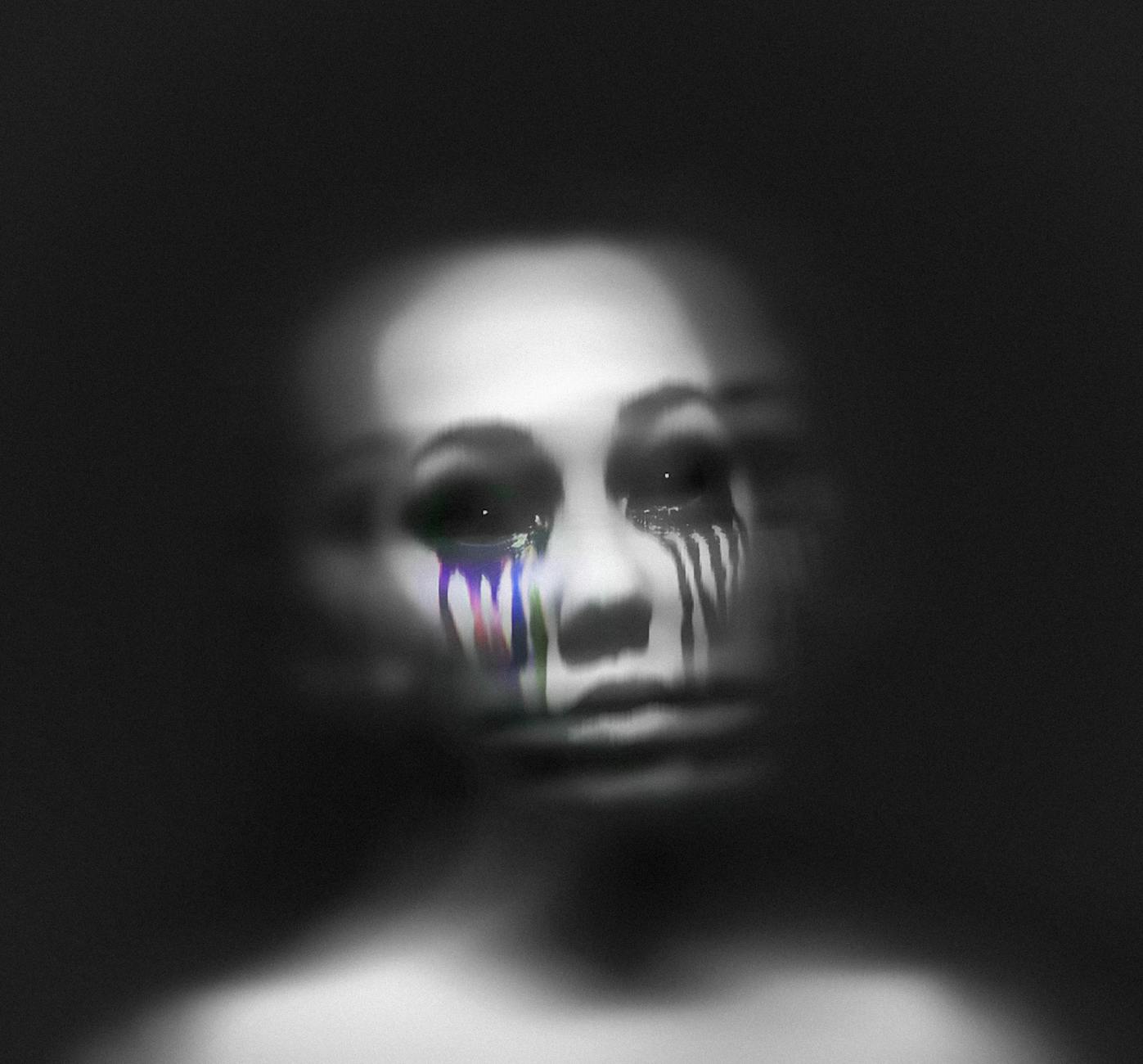Are you curious about how rejection impacts your emotions? My Rejection Sensitive Dysphoria Test offers valuable insights into your emotional responses, helping you develop a better understanding of how rejection affects you personally. By responding to a series of thoughtfully crafted questions, you’ll uncover patterns and triggers related to rejection sensitivity.
This test serves as a powerful tool for self-reflection, allowing you to identify areas of strength and areas that may require additional support. It is designed to empower you to develop effective strategies for managing and coping with intense emotions associated with rejection sensitivity.
While it’s important to note that this test is not a diagnostic tool, it provides a stepping stone toward self-awareness and personal growth.
Take a step towards understanding yourself on a deeper level and building resilience in the face of rejection. Begin the Rejection Sensitive Dysphoria Test below and unlock insights that will empower you to navigate relationships and challenges with greater self-awareness and emotional strength.
Rejection Sensitive Dysphoria Symptoms
RSD can manifest itself in a number of ways. Some common symptoms include:
- Intense emotional response to rejection or criticism
- Feelings of anxiety and depression
- Low self-esteem and self-worth
- Avoidance of social situations
- Difficulty forming and maintaining relationships
- Impulsivity and self-destructive behaviour
It is important to note that not everyone with RSD will experience all of these symptoms; many would have masked (hid who they really are), causing them to experience maladaptive coping strategies that, without shadow work can cause problems.
The severity of symptoms can also vary from person to person.
Read: Rejection Sensitive Dysphoria without ADHD
Read: How to do Shadow Work [The Easy Way]

Rejection Sensitive Dysphoria DSM-5
Diagnosing RSD can be a challenge, as there is no specific test for the condition. The term “Rejection Sensitive Dysphoria” is not recognised as a standalone diagnosis in the DSM-5. It is worth mentioning that while the term is sometimes used in popular literature and online discussions, it is not an officially recognised mental health disorder or diagnostic criterion.
One of the challenges with the DSM-5 is that, despite the experiences and reports of individuals, certain symptoms or conditions may not be explicitly captured or recognized within its diagnostic criteria. This can lead to instances where doctors may dismiss or overlook certain symptoms, causing individuals to feel invalidated and unsupported.
It is important to acknowledge that the DSM-5 is a comprehensive diagnostic tool that aims to classify and categorise mental health conditions based on research and expert consensus. However, it is not infallible, and there may be gaps or limitations in capturing the full range of human experiences.
As I coach many individuals with ADHD and those with weak executive function in the emotional control, response inhibition and stress tolerance areas I can attest to the traits of rejection-sensitive dysphoria.
Coping Strategies for Rejection Sensitive Dysphoria
While there is no cure for RSD, there are a number of coping strategies that can be used to manage the condition. Some of these include:
- Learning to recognise and challenge negative thoughts
- Practising self-care and self-compassion
- Engaging in activities that bring joy and fulfilment
- Developing a support network of friends, family, and mental health professionals
- Using medication or therapy to manage symptoms
It is important to remember that everyone’s experience with RSD is unique, and what works for one person may not work for another. It may take some trial and error to find the right coping strategies for you.

Conclusion
This rejection sensitive dysphoria test will help you have an awareness of how your emotional and mental well-being is impacted.
The next step is my monthly membership Momentum for those who want to go from information to implementation when it comes to rejection sensitivity
For a comprehensive and evidence-based diagnostic assessment, we encourage you to explore our Overcome Rejection Sensitive Dysphoria Blueprint™ program. This program leverages a full range of diagnostic tools and evidence-based strategies to help you enhance your executive function skills and overall well-being.
Remember, you are not alone in this. There is support available, and by taking the first step of seeking help, you are already on the path to healing.

), //ruth-ellen.com/wp-content/plugins/smartquizbuilder/includes/installfromsample/scoring/areyouaworkaholic/images/pexels-karolina-grabowska-5239879-scaled.jpg))

), https://ruth-ellen.com/wp-content/plugins/smartquizbuilder/includes/installfromsample/scoring/areyouaworkaholic/images/pexels-karolina-grabowska-5239879-scaled.jpg))






 ...let’s be real, this way of working isn't sustainable, and we need to part ways with it.
...let’s be real, this way of working isn't sustainable, and we need to part ways with it. Momentum with Ruth-Ellen
Momentum with Ruth-Ellen  And here’s the best part: It’s only £33 per month
And here’s the best part: It’s only £33 per month  Practical tools and techniques to manage emotional triggers and stay grounded when things get tough
Practical tools and techniques to manage emotional triggers and stay grounded when things get tough Rejection Sensitivity Breakthrough Planner (Value £47)
Rejection Sensitivity Breakthrough Planner (Value £47)
